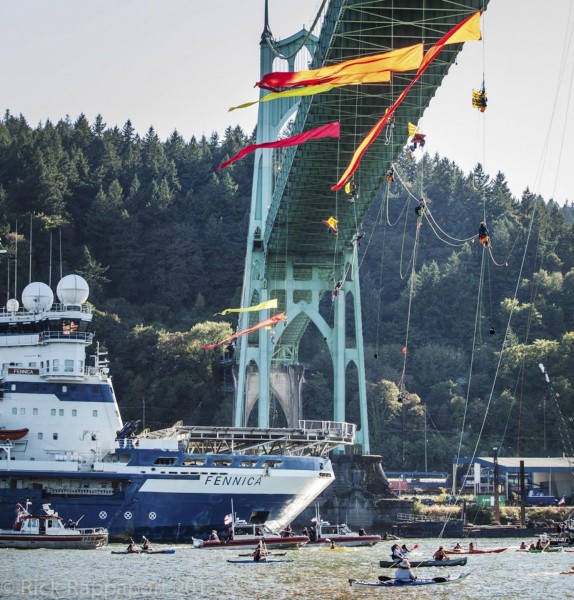 DAPHNE WYSHAM, [in Marrakech], daphne.wysham [at] gmail.com, also via [in New York], Stephen Kent, skent [at] kentcom.com
DAPHNE WYSHAM, [in Marrakech], daphne.wysham [at] gmail.com, also via [in New York], Stephen Kent, skent [at] kentcom.com
Currently at the climate talks in Morocco at the COP22 (Conference of the Parties), Wysham is an Institute for Policy Studies associate fellow, and is the director of the Center for Sustainable Economy’s climate and energy program in Portland, Oregon.
She recently wrote the piece “In Bleak Times, This City Is an Example for the World,” which states: “With Donald Trump’s ascendancy, and his pledge to withdraw from the Paris Agreement, the world is back to an uncertain climate future.
“While some mourn the possibility that the Paris Agreement will be undone, it’s important to remember that it was always aspirational.
“After all, the deal offers no timetable for ratcheting down consumption of fossil fuels, and no sanctions for countries that fail to meet targets. The deal promises a small amount of assistance to developing countries fighting climate change, but most of that is merely repackaged development aid.
“More frighteningly still, the world’s existing fossil fuel infrastructure and proven wells and mines will sail us right past the 2 degree upper limit if they’re all exploited.
“So what’s to be done?
“One path forward is emerging from the clear-eyed citizens of Portland, Oregon, who are pioneering a more proactive, locally-led path forward.
“A year ago, Portland’s city council unanimously voted to “actively oppose expansion of infrastructure whose primary purpose is transporting or storing fossil fuels in or through Portland or adjacent waterways.”
“Its city leaders took this step as much out of a desire to protect their own health and safety as out of a desire to act on climate change.
“Much of Portland’s fossil fuel infrastructure lies in an industrial zone that, should an earthquake come, would rapidly turn to Jell-O. And oil train derailments — like the one earlier this year in nearby Mosier, Oregon — can cause out-of-control blazes.
“Respect for indigenous communities is another factor. The Standing Rock Sioux’s protest against the Dakota Access Pipeline is a reminder that Native treaty rights are routinely flouted by the fossil fuel industry. It happens here in the Northwest, too.
“But climate science is the central piece. A recent study found that if we are to maintain a mere 66 percent chance to avoid passing that 2 degree limit, no more new major fossil fuel infrastructure can be built.”